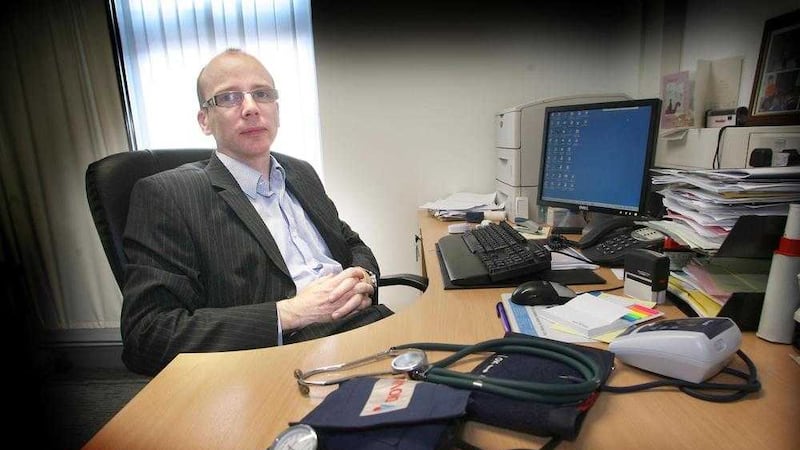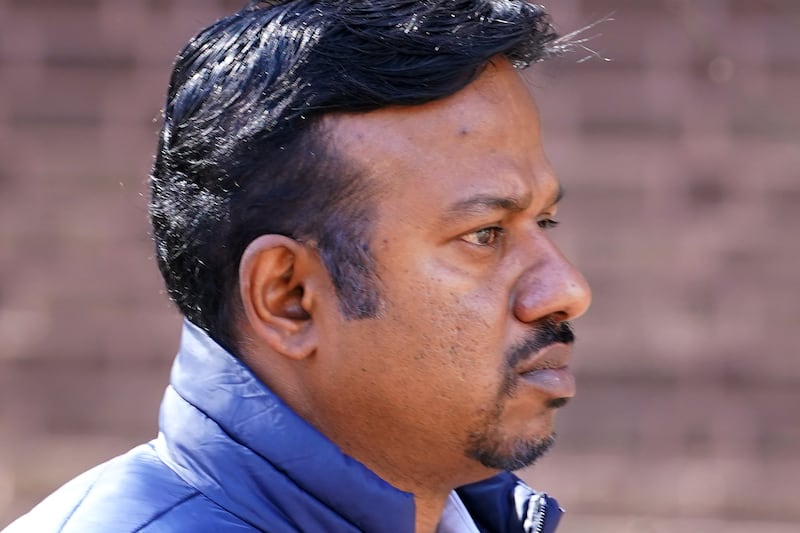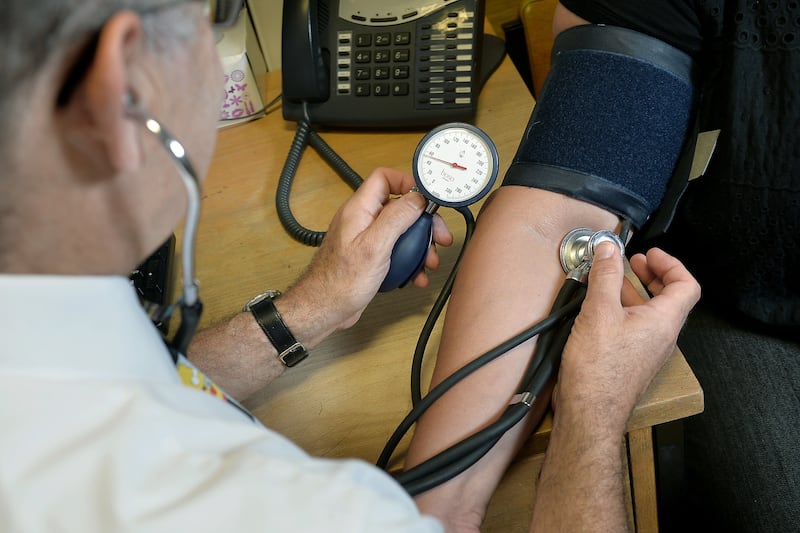A LEADING doctor has welcomed a new Department of Health group set up to probe problems facing GP practices as recognition of their "struggle".
Dr Michael McKenna, who runs a large practice in west Belfast, also raised concerns about the dwindling number of GP surgery nurses, describing them as a "vital asset" but who are "thin on the ground or nearing retirement".
Northern Ireland currently has the lowest number of GPs per patient across the entire NHS, with a big increase in medical graduates choosing consultancy roles in hospitals over a practice surgery.
Patient demand for services has rocketed over the past decade, with surgeries now dealing with 5.5million more consultations a year than in 2004.
Health minister Simon Hamilton, who was back in post yesterday, announced the creation of a working group to examine the challenges facing the sector.
Members will include representatives from medical and nursing unions including the British Medical Association and the Royal College of Nursing as well as health trusts.
"It's clear that if we are to deal with the challenge of rising demand, we must find more innovative and radical approaches to delivering services. The status quo is not sustainable," Mr Hamilton said.
Dr McKenna pointed to the decrease in funding for medical graduate places, with an average of 65 qualifying each year - when 111 are required to meet patient demand.
The Belfast medic also called for increased use of pharmacists as “part of the solution” to help a reduced GP workforce.
"We are of the view that pharmacists are under-utilised and have a unique set of skill sets. We would welcome their inclusion in our surgeries and hope they will contribute to this working group," Dr McKenna said.








